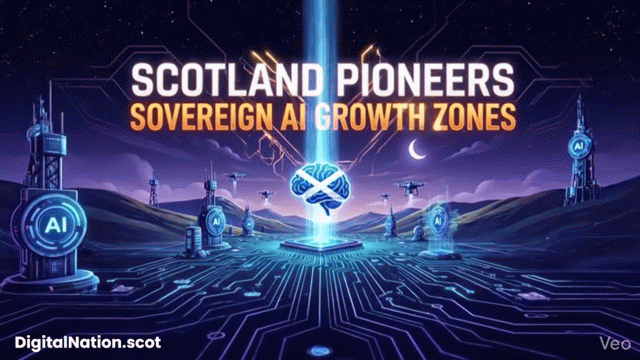Gecko: Building a Fully Functional AI Assistant in Under 60 Seconds
These powerful tools can adapt to individual student needs, providing tailored explanations and resources that match each learner’s pace and style.
 AI chatbots hold transformative potential for enhancing student engagement in education by offering personalized, interactive, and accessible learning experiences.
AI chatbots hold transformative potential for enhancing student engagement in education by offering personalized, interactive, and accessible learning experiences.
These tools can adapt to individual student needs, providing tailored explanations and resources that match each learner’s pace and style.
Available 24/7, chatbots allow students to seek help anytime, fostering self-paced learning and reducing reliance on teacher availability. By simulating human-like conversations through natural language processing, they make lessons engaging, posing questions or gamifying content to sustain interest. For instance, chatbots can act as historical figures or language partners, creating immersive experiences that bring subjects to life.
Beyond academic support, chatbots streamline administrative tasks, answering questions about schedules or deadlines, which frees students to focus on learning. They also provide instant feedback on assignments and track progress, encouraging a growth mindset.
Real-world examples like Duolingo’s language practice bots or Georgia Tech’s Jill Watson, an AI teaching assistant, demonstrate how chatbots boost engagement through quick, relevant responses. A 2023 study noted that 67% of students using chatbots reported higher engagement due to personalized content, while some platforms have increased online course retention by up to 30%.
However, challenges exist. Chatbots lack the emotional intelligence of human teachers, potentially limiting their ability to address complex needs. Overuse might reduce critical thinking or face-to-face interaction, and data privacy concerns require robust safeguards. Not all students have equal access to technology, risking a wider digital divide.
To maximize impact, chatbots should complement human instruction, be designed with student input, and adhere to ethical guidelines. Integrating chatbots with emerging technologies like augmented reality could further enhance their potential, creating dynamic learning environments.
By thoughtfully addressing these challenges, AI chatbots can make education more engaging, inclusive, and effective, revolutionizing how students learn.
Gecko Engage
Edinburgh-based is Gecko Engage is at the forefront of this industry trend.
In this article they explain how modern AI assistants can revolutionize student engagement in higher education by replacing outdated, rigid chatbots.
Unlike traditional chatbots that required extensive manual setup and struggled with complex queries, Gecko’s AI assistant can be built in under 60 seconds by scraping a university’s website to create a comprehensive knowledge base. This enables the assistant to provide accurate, context-aware responses to student inquiries across multiple channels, 24/7, without needing pre-written FAQs or coding.
The technology supports scalability, freeing staff for high-value interactions while handling routine questions. The article highlights the ease of setup—users can test a demo at ai.geckoengage.com by entering a website URL—and emphasizes benefits like instant student support and automated workflows.
It contrasts the inefficient, costly chatbot development of the past with the rapid, efficient deployment of modern AI solutions, positioning them as essential for engaging “stealth students” who browse without direct interaction.



